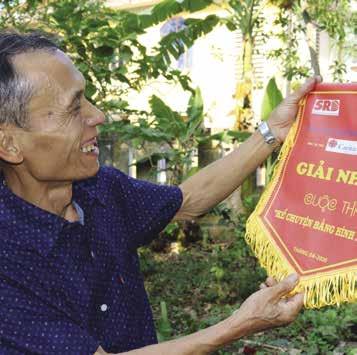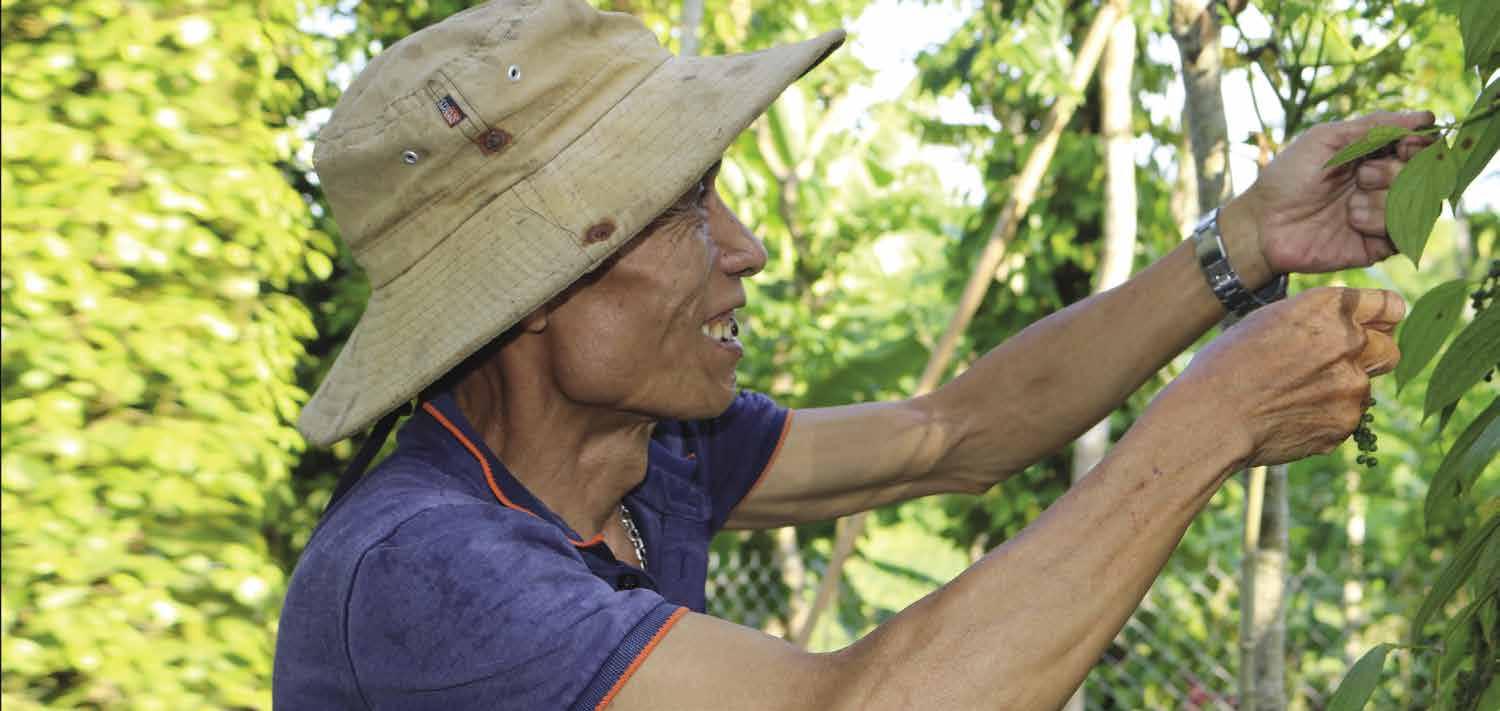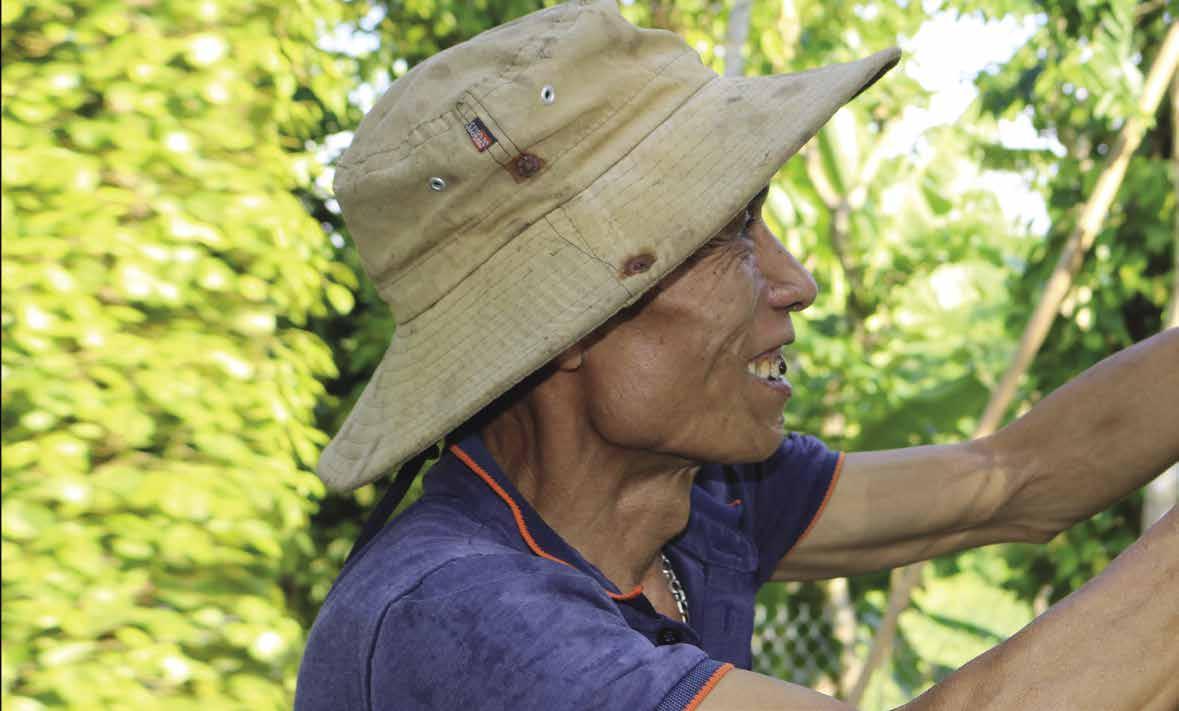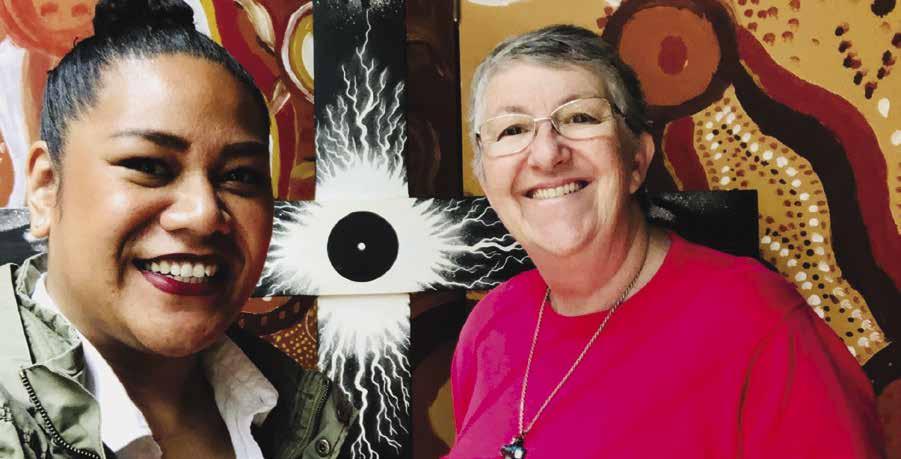
2 minute read
Vietnam
Caring for a loved one with a disability can create isolation, but Dung and many other carers have found new ways to participate in their communities and tell their stories
Advertisement
Dung shows off his first prize in the photo storytelling competition. Photo: Tran Thi Thanh Toan Sustainable Rural Development (SRD) One of Dung’s prize-winning photos from the storytelling competition. Photo Tran Thi Thanh Toan


The demands of caring for a loved one living with a disability can be relentless.
In addition to these demands, carers can feel socially ostracised from their communities because of the stigma associated with disabilities.
Sixty-three-year-old Dung lives in Quảng Trị Province, Vietnam with his wife, Hoa, who lives with disabilities after a stroke. Their four adult children have married and left the home, leaving Dung to care for his wife by himself. For many years, he felt embarrassed to participate in the daily life of the village and lived isolated with his wife.
When a village club for supporting people with disabilities and their carers was set up Dung was able to reconnect with his community and regain his self-esteem. “The first step counts,” says Dung. “The more I work, the better I feel. I think my life has improved emotionally and economically.” The club, an initiative of our partner, Centre for Sustainable Rural Development (SRD), supports villagers to learn disability inclusion in basic health care services, as well as livelihood, networking and communication skills though events in their region.
Through the club Dung has learned how to facilitate meetings, conduct community monitoring and prepare for disasters. He has also learned strategies for increasing his income that he can do easily from home, and has started raising pigs, rabbits, chickens and cows to sell.
Dung is now the team leader of his local club, and travels to events in his region to further develop his skills. In January 2020, Dung entered a photography storytelling competition to share how he improved his living conditions. Through this competition he shared the skills he learned and how his life has changed and won first place.
Program achievements
Twelve savings groups have been established which provide access to loans for people with disabilities and their families. 262 people including 65 people living with disabilities are among those who have accessed loans for emergencies, daily needs and livelihood skills development
This project has been supported by the Australian Government through the Australian NGO Cooperation Program (ANCP) and public donations to Caritas Australia.










